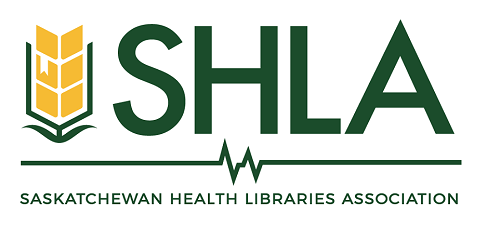Meeting Date: September 21, 2020
Presenter: Mark Mueller
Article: Barros JM, Duggan J, Rebholz-Schuhmann D. The Application of Internet-Based Sources for Public Health Surveillance (Infoveillance): Systematic Review. J Med Internet Res 2020;22(3):e13680 https://www.jmir.org/2020/3/e13680/
Questions:
1) What do the authors mean by infodemiology or infoveillance? What does this look like in practice?
• Science of distribution and determinents of information, particularly the internet to inform public health and public policy
• Sharing and searching information
• Scientists using it predict the spread of COVID-19 previously
• Sources used to extract data: social; discussion forums; mobile apps (i.e. COVID-19 tracker app); other sources search queries; news articles; websites; media monitoring systems; web encyclopaedias; online obituaries
2) What is the potential value in using Internet-Based-Resources to study the course of a disease or an outbreak?
• Real-time data and discern health-related concerns; and developed responses
• No infrastructure to obscure information. Less barriers. More representative of various population groups and country-specific phenomenon
• Accelerate resolutions (i.e. treatments, economic resolutions, resource sharing, etc.)
• Insights into how disease is affecting and/or being discussed
• Topic analyses
• Can be used to monitor what information is being shared and when
3) What are the potential limitations in using Internet-Based Resources to study the course of a disease or an outbreak?
• Difficulty accessing the internet (particularly in developing countries) – data may not be complete and knowledge gaps
• Potential that information could be fabricated (misinformation)
• Bots/trolls may make false information/claims
• Information could be lost in translation – semantics could be lost
• Misinformation being shared, Google trends does not provide demographic data
4) Do you think it might be possible to work this research approach into our daily workflow as librarians; particularly for those of us who might be part of a COVID-19 response effort? If so, why? If not, why not?
• Create infographics
• Can detect where the misinformation is coming from – address the misinformation at the point-of-need
5) Could this research approach be applied to other contexts and/or topics related to library work? Example: monitoring other topics within the medical/healthcare community; combating fake news; etc.
• Community trends for topics that come up in the reference queue (i.e. health concerns, new courses)?
• To address misinformation would require professionalization in medicine, ethics, etc. that go beyond our scope
